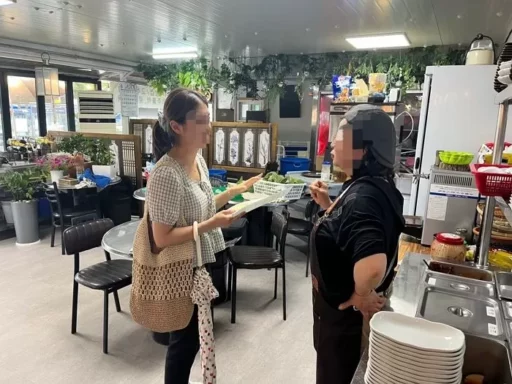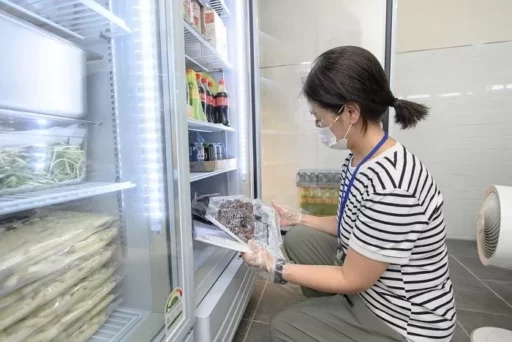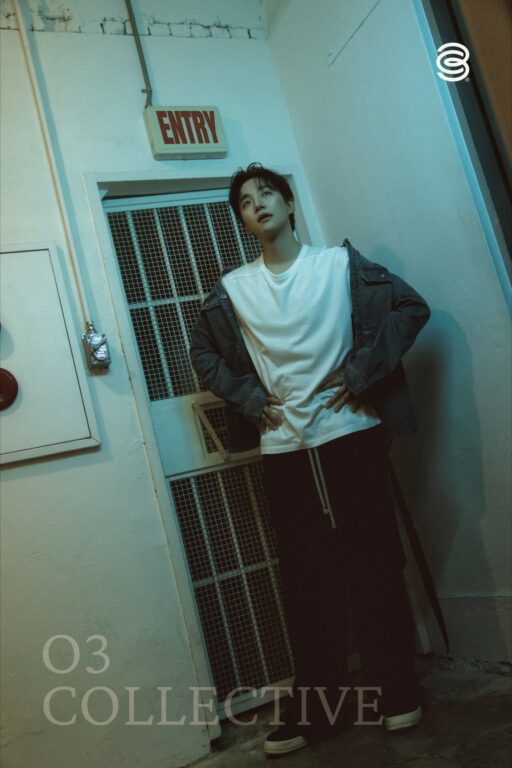Seoul City Announces Results of Restaurant Hygiene Inspections to Prevent Food Poisoning in Summer
As the risk of food poisoning increases during summer, Seoul City has conducted extensive hygiene inspections of restaurants.
On the 18th, Seoul announced the results of hygiene inspections conducted on a total of 1,985 restaurants over the course of two months, from June to July, identifying 22 establishments violating hygiene regulations.
The inspections focused on 733 establishments serving popular summer foods like cold noodles, kongguksu (cold soy milk noodles), and patbingsu (shaved ice with red beans), as well as 668 establishments preparing kimbap and toast that use eggs, and 438 establishments serving health food like samgyetang (ginseng chicken soup).

Additionally, 146 restaurants located within lodging facilities, camping sites, and event venues were included due to the sharp increase in customers during summer vacation periods.
Seoul City primarily checked the hygiene conditions of cooking areas and facilities, the maintenance of storage temperatures for frozen and refrigerated products, compliance with expiration dates, adherence to food labeling standards and the use of unreported products, along with the personal hygiene of staff and compliance with hygienic handling standards such as wearing hygiene hats.
Focus of Inspection
Identification of Food Sanitation Act Violations and Implementation of Administrative Actions
As a result of the inspections, 15 establishments were found in violation of the Food Sanitation Act, leading to administrative actions including seven fines, seven orders for facility improvements, and one cancellation of permits.
Major violations included exceeding the permissible limit of Staphylococcus aureus in mango bingsu (1 case), exceeding the limit of E. coli in cold noodles and kongguksu (4 cases), and exceeding the bacterial count limit in ice used for consumption at coffee shops (2 cases).

According to the standards for cooked food, Staphylococcus aureus should be detected at less than 100 per gram, E. coli at less than 10 per gram, and the bacterial count at less than 1,000 per milliliter. However, some of the establishments found in violation exceeded the permissible limit of Staphylococcus aureus by up to three times, and in a more serious case, E. coli was found to exceed the standard limit by an astounding 50 times.
Such violations of hygiene standards significantly increase the risk of food poisoning, necessitating special attention. In particular, in summer, the high temperatures can lead to rapid spoilage of food, thus requiring more thorough hygiene management.
Yang Kwang-sook, head of the Food Policy Division of Seoul City, stated, "We plan to continue conducting hygiene inspections of restaurants to prevent food poisoning, and we will take strict action against violations, thereby enhancing food hygiene management." She added, "I ask not only restaurant operators but also citizens to actively engage in practices to prevent food poisoning, such as washing hands and maintaining proper storage temperatures for ingredients."
Image source: Provided by Seoul City


